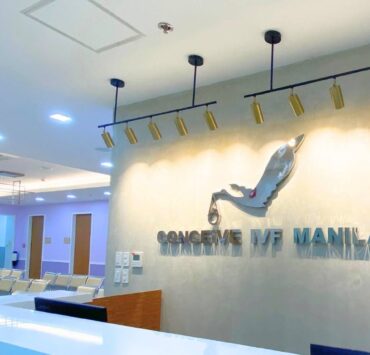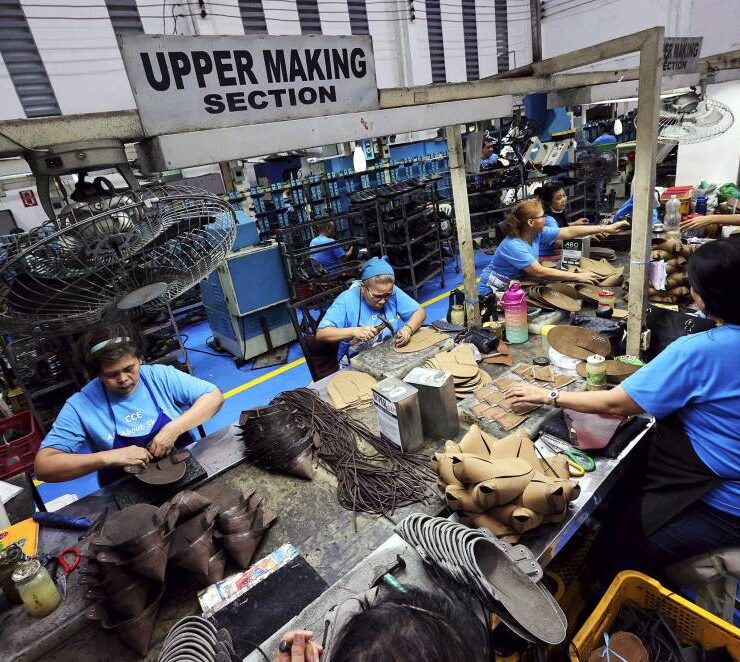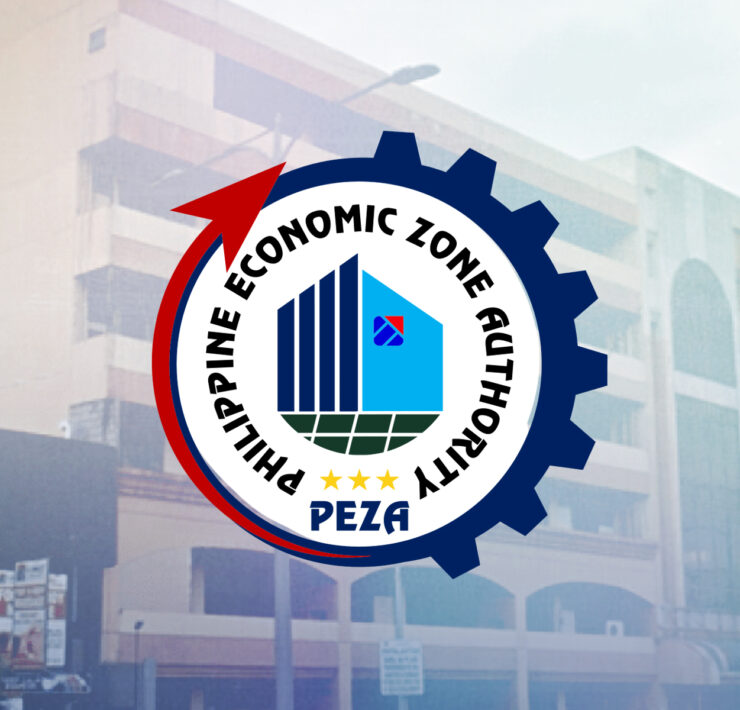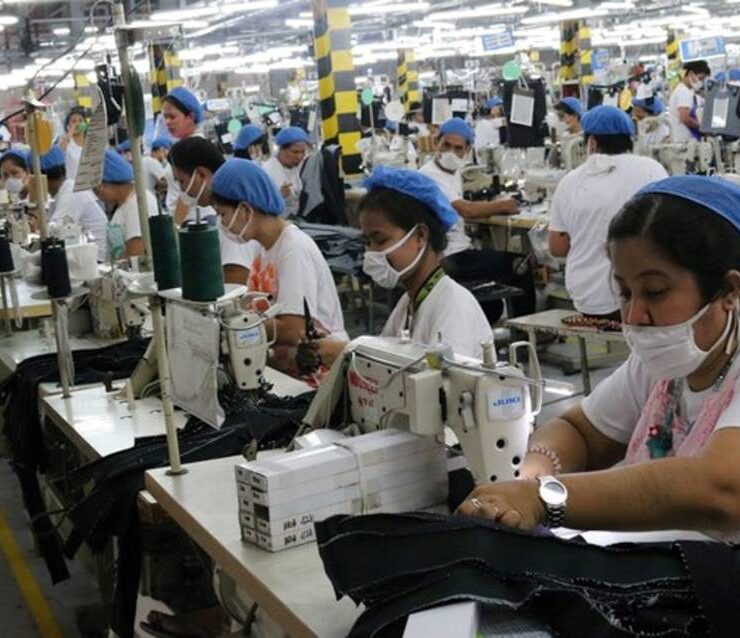Levy on cement won’t raise prices, say firms

The proposed safeguard duty on cement imports is unlikely to raise prices but instead help safeguard the local industry against unfair competition, an industry group said.
“The measure is needed to give local manufacturers a fair chance to compete against foreign suppliers that enjoy government support,” the Cement Manufacturers Association of the Philippines Inc. (CeMAP) said in a statement on Monday.
The group said this safeguard measure would keep the domestic cement manufacturing viable and protect local jobs.
“It is of national interest to promote and protect the local cement industry against unfair competition from other countries. The Philippines’ [cement industry] is not subsidized,” CeMAP executive director Rey Baja said.
Other groups, including the Philippine Chamber of Commerce and Industry and the Federation of Philippine Industries, have signified their strong support for imposing the safeguard duty.
To recall, in February, the Department of Trade and Industry (DTI) slapped a provisional safeguard duty of P400 per metric ton (MT), or P16 per 40-kilogram bag, on imported cement. This is good for 200 days from the date of issuance of the relevant Bureau of Customs order.
The cash bond was enforced after the DTI’s preliminary investigation discovered a “casual link” between the increased imports of these cement types and serious injury to the local industry.
“The increased volume of imports, both in absolute terms and relative to domestic production, was found to be the substantial cause of the overall impairment in the local industry,” the DTI said in its Department Administrative Order No. 25-01 issued in February.
The Tariff Commission subsequently initiated an inquiry into the merits of imposing a definitive safeguard duty against importations of Ordinary Portland Cement and Blended Cement from various countries.
Under the Safeguard Measures Act, the state may impose safeguard measures on top of current tariffs in case increased imports cause or threaten to cause serious injury to the sector.
“Since then, cement prices have stayed stable, with many local manufacturers keeping the market competitive,” CeMAP said.
The group pointed out that the industry incurred P5 billion in losses as well as experienced slower operations and job cuts due to the entry of imported cement.
Cement imports stood at 7.6 million MT in 2024, mostly from Vietnam, even as the local industry has a total capacity of 51 million tons.
However, demand was only 35 million tons while actual production dropped to 27 million tons, meaning only 53 percent of the overall output capacity was used.
“Industry leaders say the situation is unfair. Some Vietnamese cement companies are state-owned or receive government incentives that Filipino manufacturers do not get,” CeMAP said.
“This allows them to sell cement at very low prices, even when the Philippines already has enough supply,” it added.
According to CeMAP, cement manufacturing contributes at least one percent to the country’s gross domestic product and supports about 130,000 direct and indirect jobs.





















